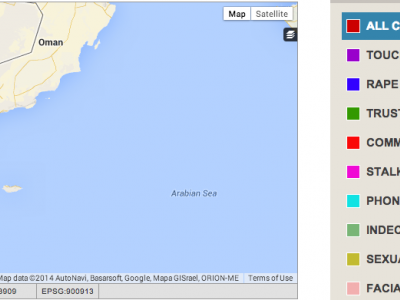I need inspiration
Info-Activism Examples from around the world
-
Show all tools
-
Audio
-
Collaborative
-
Image
-
Mobile
-
Outreach
-
Print
-
Security
-
Video
-
Tips
-
Show all regions
-
Africa
-
Asia and the Pacific
-
Europe
-
Middle East and North Africa
-
The Americas
-
Show all cases
-
Gender-related
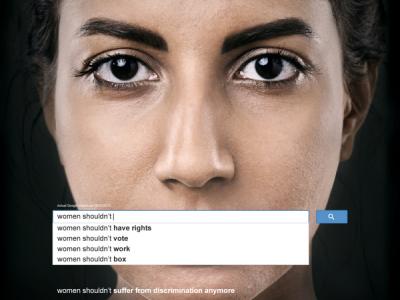
This campaign by UN Women was created to highlight how gender inequalities are deeply entrenched in every society.
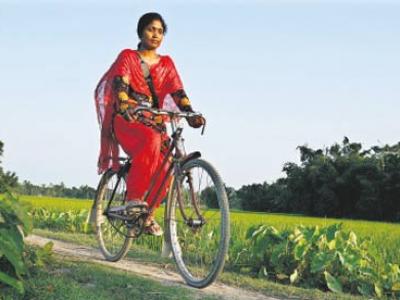
The Infoladies project equips women with digital cameras, mobile phones, blood pressure monitor and pregnancy kits and solar-powered laptops to travel by bike to rural in Bangladesh and answer questions related to health, agricult
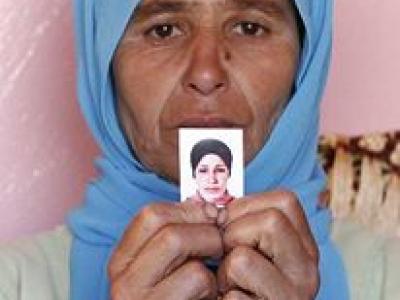
In March 2012, 16-year-old Amina Filali committed suicide after being forced to marry her rapist. Article 475 in Moroccan law allowed for men who raped underage girls to go unpunished if they married their victims.
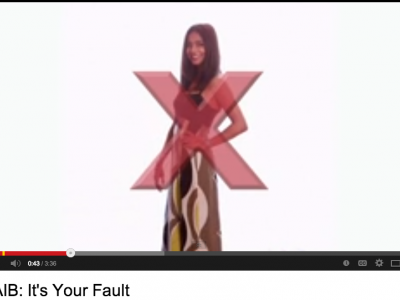
A satirical video called "Rape: It's Your Fault", by Indian comedy collective All India Bakchod, exposes the ridiculousness and injustice of the victim-blaming t

The Adventures of Salwa is a campaign against sexual harassment started by a group of women in Beirut, Lebanon. Salwa is a cartoon character, an ordinary Lebanese girl that has been selected to be the spokeswoman for the campaign.
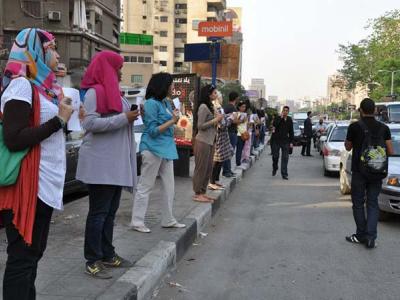
The Nefsi ("I Wish") campaign was conceived by a group of independent Egyptian activists who decided to take a public stand against street harassment and take the online conversation, offline.
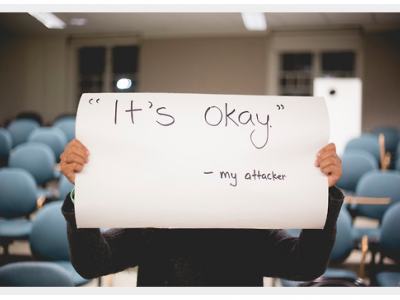
Project Unbreakable is an online photo exhibition that aims to 'increase awareness of the issues surrounding sexual assault'.

The Saudi artist's Hisham Fageeh, Fahad Albutairi and Alaa Wardi created a satirical video named '
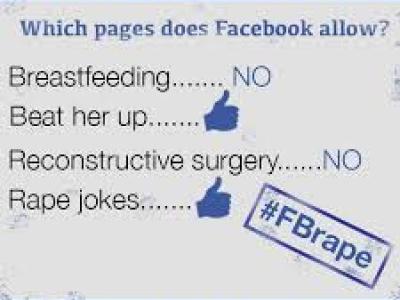
Hashtag campaigns have emerged as one of the most powerful social media techniques for quickly initiating conversation on a particular issue.
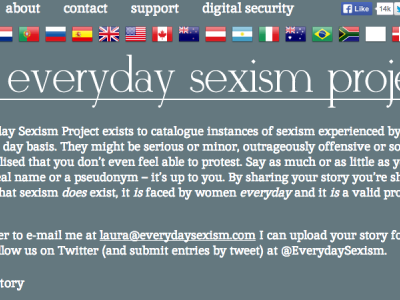
The Everyday Sexism Project was created by Laura Bates in 2011 as a response to those who tell women not to complain because "we're equal now." By publishing women's first-hand reports of the prejudice and harrassment they have experienced
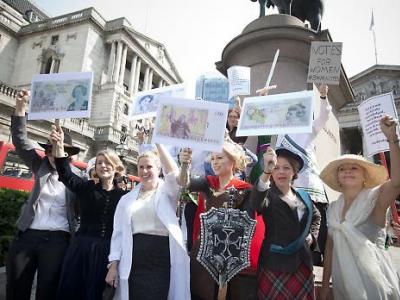
Caroline Criado-Perez started a campaign on Change.org after it was announced that Winston Churchill would replace the last remaining women featured on British bank notes, apart from the Queen.
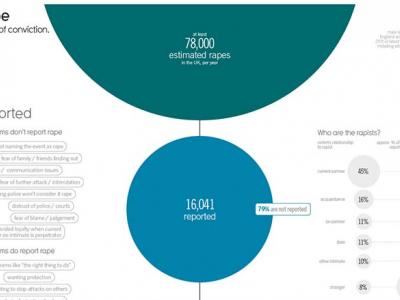
Based on rape-related statistics in the UK, David Mccandless published a data visualisation that makes these statistics more accessible.
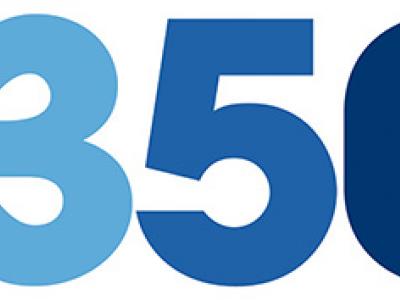
To inspire people to organise climate change actions around the world, 350.org created an animated video about climate change to get their message across.
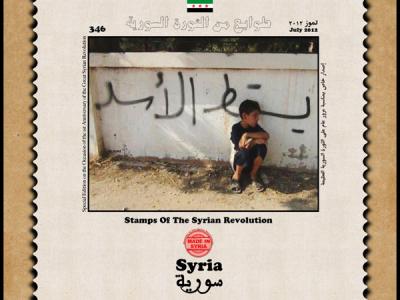
To honour people and cities that had a profound effect on the course of the Syrian revolution, anonymous artists created special stamps and published them on Facebook.
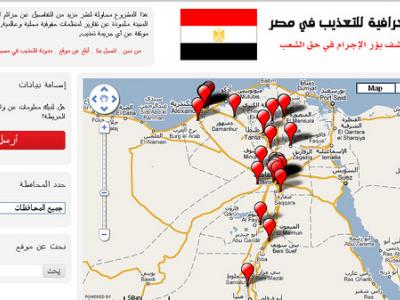
Journalist Noha Atef created TortureInEgypt.net in 2006 to document human rights abuses committed by police against Egyptian citizens, using photos and videos submitted by readers.
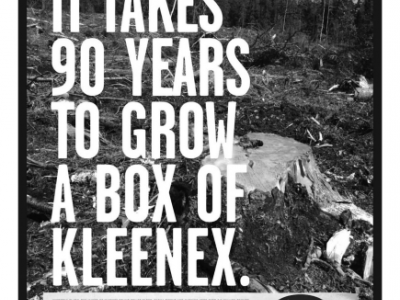
Kleercut was a campaign implemented by Greenpeace to end the use of virgin wood fibre in Kimberly-Clark products.
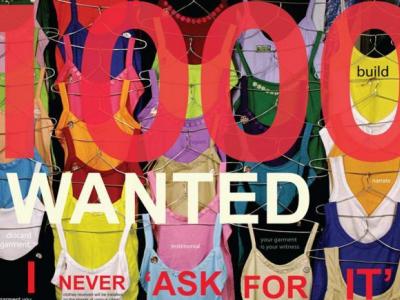
Blank Noise explores the issue of sexual harassment of women by combining personal storytelling with public actions.
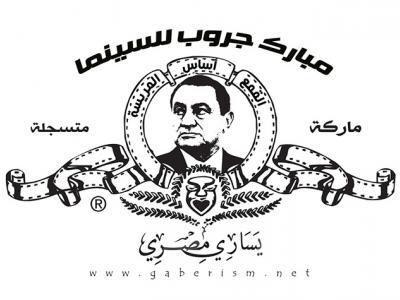
Egyptians remixed images of President Mubarak into popular film posters. The images spread quickly on the internet.
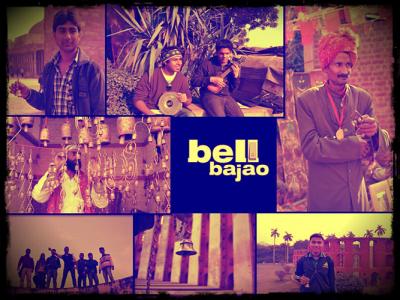
The Bell Bajao campaign was conceived by Mumbai-based NGO Breakthrough, to mobilise men to take a stand against domestic violence.
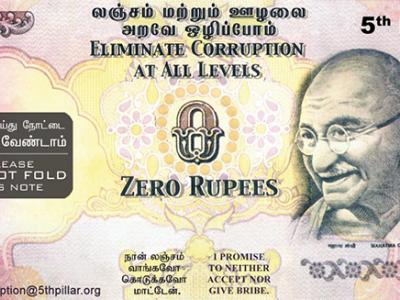
The Zero Rupee Note is a campaign tool that Vijay Anand created through his organisation 5th pillar.
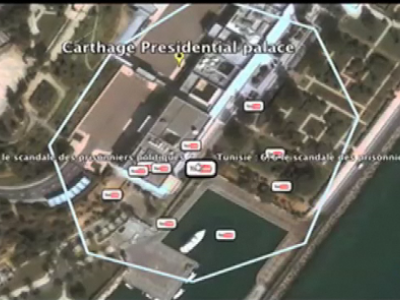
After the Tunisian government blocked video sharing websites, advocates responded by making an interactive Google Earth mashup - plotting human rights videos on a 3D ma
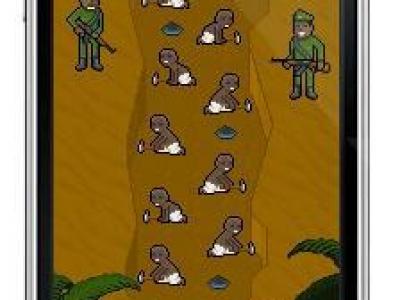
An Italian software collective, Molleindustria, in collaboration with American culture jamming activists The Yes Men, produced
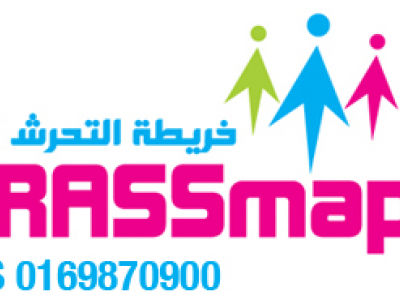
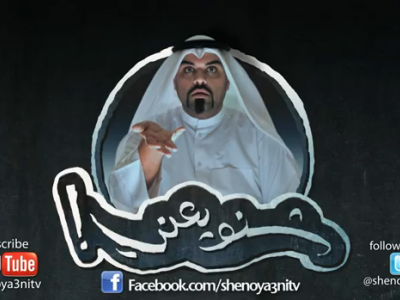
Sheno Ya3ni (which translates as “What’s that?” or “So what?”) is a group of actors from the Arab Gulf and the Middle East who created a series of online videos to expose and challenge discrimination and corruption in the Kuwait
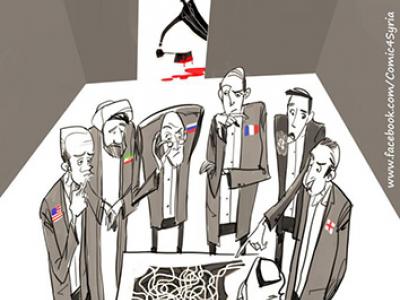
In response to the Syrian regime's brutal suppression of the revolution, a group of artists are producing political cartoons and comic strips and publishing them anonymously on a Facebook page called Comic4Syria.
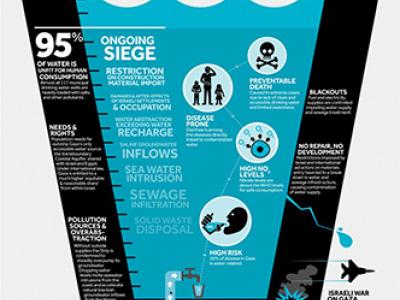
Visualising Palestine (VP) uses public information about life in Israel and Palestine to expose the damaging effects of the occupation.
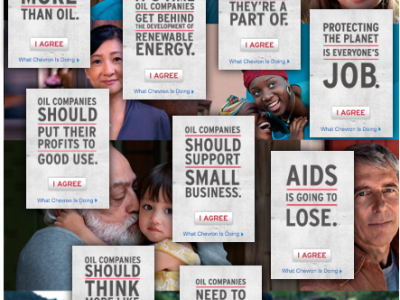
In 2010 Chevron, the second largest oil company in the world, prepared to release a campaign called "We Agree" which featured messages from people explaining what they think the oil company shoul
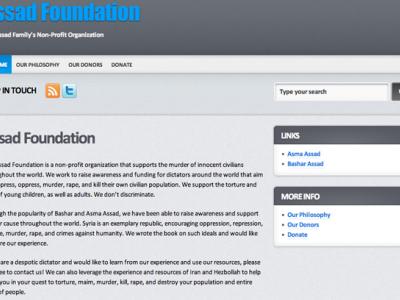
As the Syrian regime continued its brutal suppression of the revolution, while publicly denying such violent actions, anonymous activists launched the Assad Foundation, a spoof website for the Assad family's non-profit organization “that supports the murde
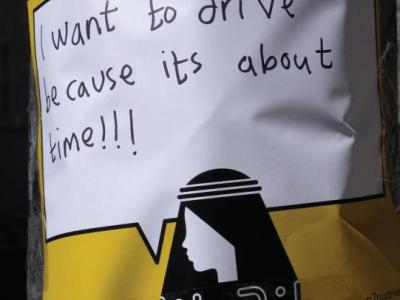
To draw attention to laws banning women from driving cars in Saudi Arabia, Areej Khan, a Saudi artist and graphic designer living in the US, created the 'We the Women' campaign.
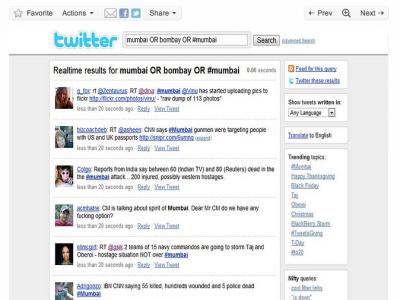
Using text messages and mobile phone photos, local people self-organised to find and share information that wasn’t available in the media during the Mumbai terrorist attacks.

Tunisian bloggers collaborated on a mapping project that revealed the presidential plane was being used for extensive personal travel. Their campaign began when a blogger, Astrubal, discovered images of the Tunisian president's plane on websites devoted to tracking air traffic.
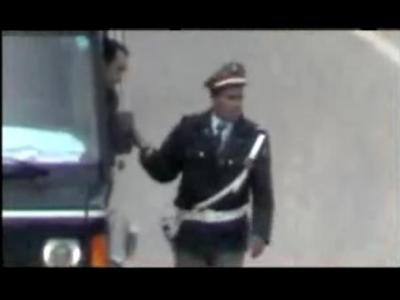
The Targuist Sniper was an advocate who filmed police officers in Morocco repeatedly demanding bribes from motorists and published them on YouTube where they were heavily viewed.

Citizens of Madagascar sent SMS messages to Foko about reports of violence by the military and police during demonstrations against a takeover of the government. These reports were published on an online map, and a team of local bloggers checked the messages for accuracy.
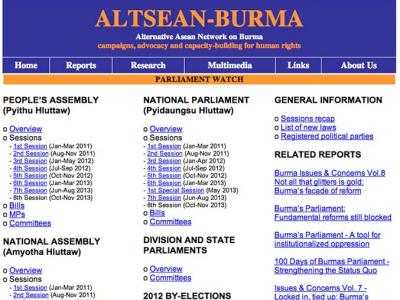
The Alternative Asean Network on Burma's (ALTSEAN-Burma) 2010 election watch created a no-frills website to provide background information, analysis, and up-to-date information on the 2010 Burma elections
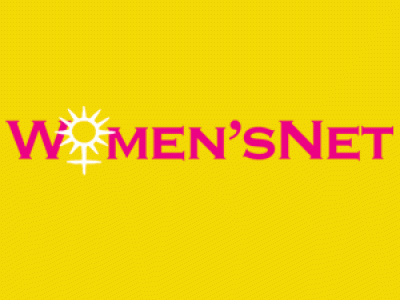
Digital Stories for Transformation documents stories rarely told, and rarely heard.
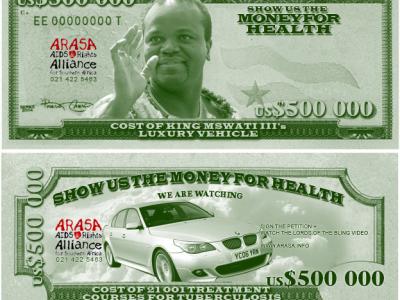
Wanting to raise public interest around the funding crisis for health in Sub-Saharan Africa and extend their support base to a young audience who would mobilise around this issue, ARASA turned to creative campaign tactics.
.jpg?itok=HPeos5_u)
Artists and advocates from Egypt created a short animated video based on traditional Arabic stories re-told from a feminist perspective.
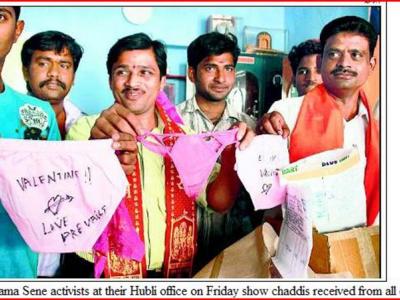
The Pink Chaddi Campaign from India was a response to a right wing group's attacks on women drinking in pubs.
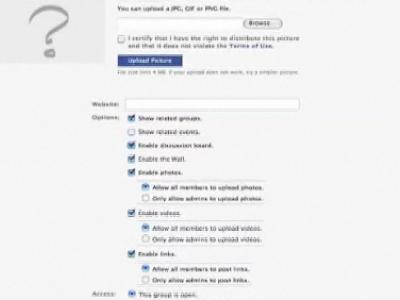
In Lebanon, an LGBT advocacy organisation (not to be named here for privacy reasons) created a Facebook profile with no photo and no friends to safely mobilise people who needed support and/or wanted to advocate for LGBT rights.
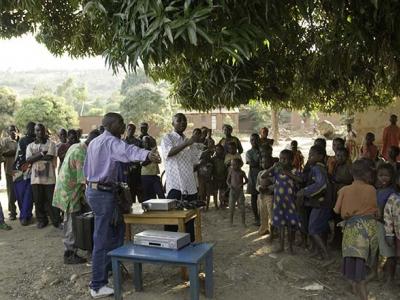
This documentary film produced by Witness in partnership with AJEDI-Ka, a DRC-based nonprofit organisation, tells the personal stories of child soldiers.

The Asia Pacific Network of Sex Workers (APNSW) used digital video to document abusive conditions and human rights violations reported by sex workers detained in so-called ‘rehabilitation’ centres in Cambodia. Sex workers interviewed af
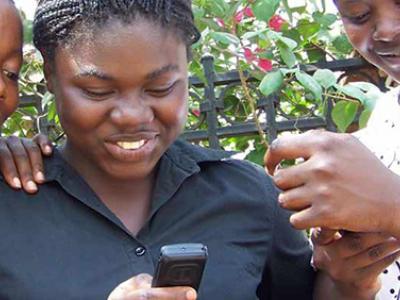
Young people in Nigeria face obstacles in getting accurate sexual and reproductive health information, due to stigma and taboos. A collaboration between OneWorld UK and local NGO, Education as a Vaccine Against AIDS, produced 'MyQuesti
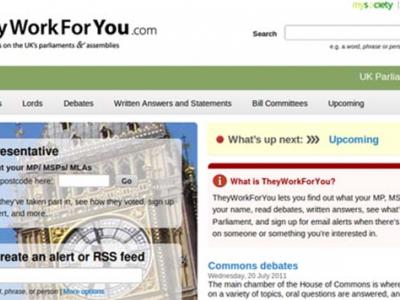
TheyWorkForYou is a website that connects citizens with Members of Parliament in the UK.
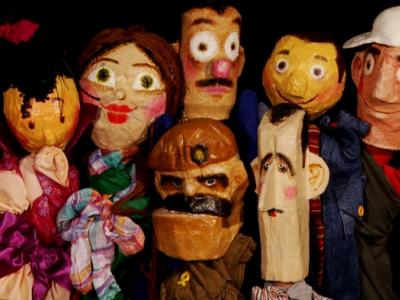
Top Goon: Diaries of a Little Dictator is a 13-episode series, broadcast on YouTube, that was created by an anonymous group of actors from within Syria who go by the name of
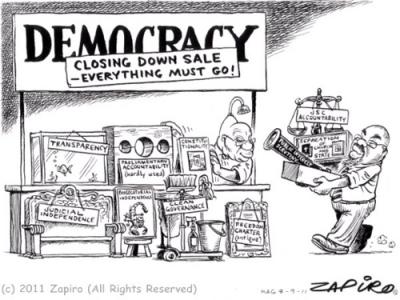
ZA news is a satirical web-tv show that lampoons South Africa's politicians and current affairs.
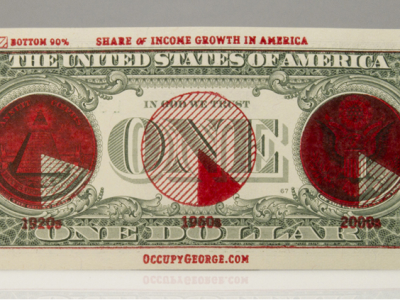
As the Occupy movement gained ground in 2011, Ivan Cash and Andy Dao invented Occupy George to help communicate the facts about economic inequality in the U
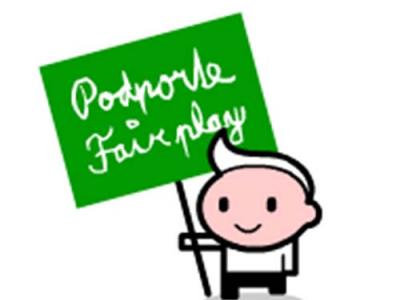
Using Freedom of Information (FOI) requests, Fair Play gathers invoices and other documents that show how the Slovakian government spends its money, adds this material to a database connected to its website, and invites people to
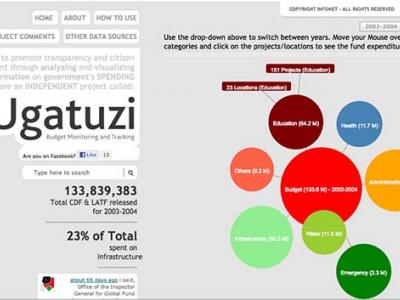
Citizens from Kenya can get information on government funding for development projects by sending a text message to Infonet's budget tracking platform.
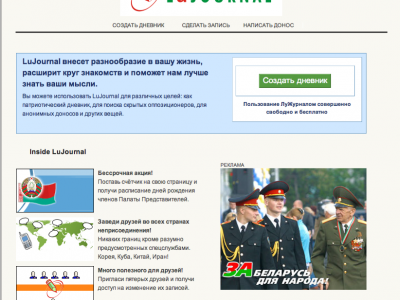
Belarusians created a group of websites they called LuNet, in mock honour of President Alexander Lukashenko’s birthday, after he promised to increase internet censorship.
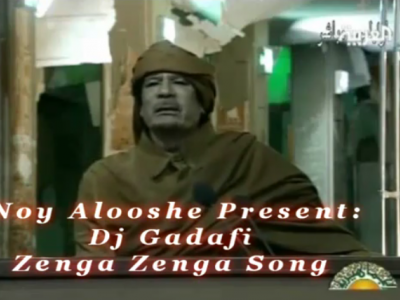
In February 2011, after watching the late Libyan leader Colonel Muammar Gaddafi give an hour-long speech in an attempt to regain control, Israeli DJ Noy Alooshe acted quickly.
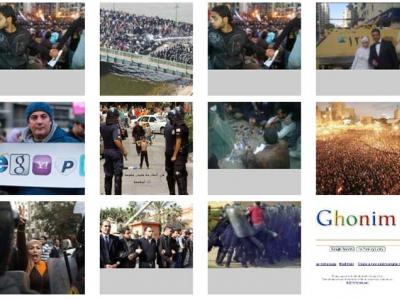
The website Iamjan25.com collects images and videos captured by demonstrators in Tahrir Square, where hundreds of thousands of Egyptians gathered on 25 January 2011 to protest against the regime of then-president Hosni Mubarak.
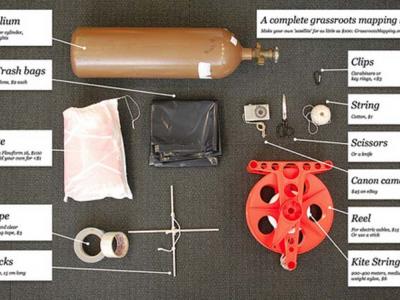
In 2010, a community monitoring project in New Orleans led by activist group Louisiana Bucket Brigade got Gulf Coast residents out on boats and beaches to produce high-resolution
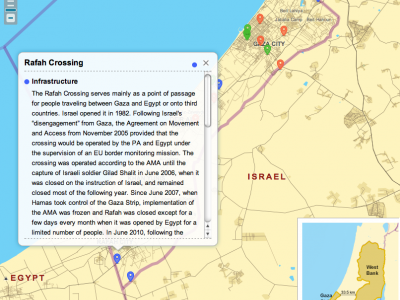
To provide a visual representation of the problems that the 1.7 million Gaza Strip residents encounter on a daily basis, an Israeli NGO, Gisha, created a Virtual Tour
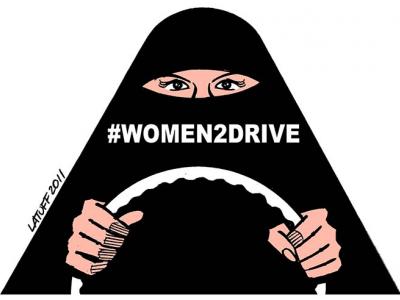
Taking up the baton from Areej Khan's 'We the Women' campaign against the fatwa on

In order to circumvent internet censorship in China, bloggers have created a lexicon which makes puns out of words and phrases in the Chinese language to talk about forbidden topics.
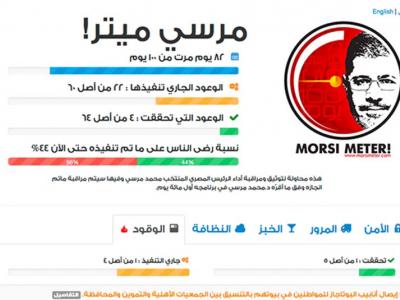
Before the Egyptian presidential elections in May 2012, the Muslim Brotherhood candidate, Mohammed Morsi, proposed a 100-day plan for reinvigorating the economy and social and political situation of the country post-revolution.
